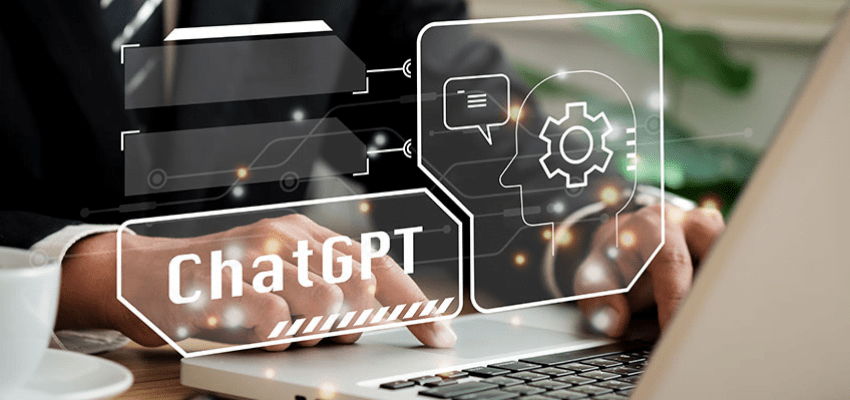New York City public schools ban OpenAI’s ChatGPT
On Tuesday, New York City public schools made the decision to ban the usage of OpenAI’s ChatGPT on school devices and WiFi networks. The move came as a result of concerns that students would use the tool to cheat on tests and turn in essays they didn’t write, thus stunting their learning and hindering the development of critical thinking and problem-solving skills, which are essential for academic and lifelong success.
ChatGPT, which stands for “generative pre-trained transformer,” is a powerful tool that can answer fact-based questions and write essays and articles that are often difficult to distinguish from human-written content. However, its potential to use for dishonest purposes has caused concern among educators and organizations.
Enforcing the ban may prove to be difficult as students can still access the chatbot on their own devices using cellular networks or non-school WiFi. To address this issue, OpenAI, the company behind ChatGPT, is developing “mitigations” that will help users identify text generated by the chatbot.
Despite the concerns, some educators see the potential benefits of using the chatbot in the classroom. Adam Stevens, a teacher at Brooklyn Tech, compared ChatGPT to the world’s most famous search engine, Google. He argued that the chatbot could be an ally for teachers, who could use it as a baseline essay response for students to work on and improve together.
As AI continues to advance, the impact it has on society will become increasingly significant. Issues related to job automation and the implications for education will need to address in the future. However, for now, it remains to see how schools and educators will handle the use of AI tools like OpenAI’s ChatGPT.


